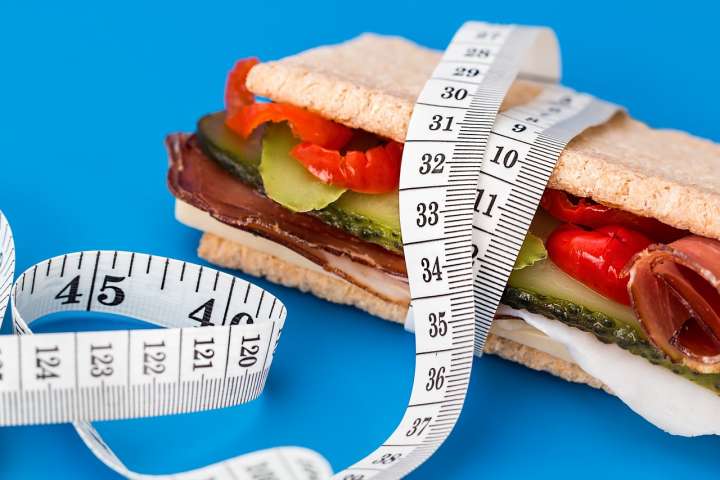Embarking on a weight loss journey can be a challenging endeavor, but with a well-structured plan, it becomes more manageable. A 30-day meal plan is an effective strategy to jumpstart your journey towards a healthier lifestyle. This guide outlines the essential components of a balanced, nutritious diet designed to promote weight loss without compromising on health.
Understanding a 30-Day Meal Plan
A 30-day meal plan is a structured eating program spanning a month, designed to help individuals achieve specific health goals. For those aiming for weight loss, the plan typically emphasizes reducing calorie intake while ensuring adequate nutrition. The primary goal is to create a sustainable eating pattern that supports long-term health and well-being.
Benefits of a Structured Meal Plan
- Consistency: Following a structured meal plan helps establish a routine, making it easier to adhere to healthy eating habits.
- Balanced Nutrition: A well-designed plan ensures a balanced intake of essential nutrients, which is crucial for overall health.
- Portion Control: Pre-planned meals help in managing portion sizes, reducing the risk of overeating.
- Reduced Stress: Having a meal plan removes the daily stress of deciding what to eat, making healthy choices more convenient.
Key Components of a Healthy Meal Plan for Weight Loss
1. Macronutrient Balance
A healthy meal for weight loss should include a balanced mix of macronutrients: carbohydrates, proteins, and fats.
- Carbohydrates: Opt for complex carbs such as whole grains, fruits, and vegetables. These provide sustained energy and are rich in fiber, aiding in digestion and satiety.
- Proteins: Include lean proteins like chicken, fish, tofu, and legumes. Protein helps in muscle repair and growth and keeps you full for longer periods.
- Fats: Incorporate healthy fats from sources like avocados, nuts, seeds, and olive oil. Healthy fats are essential for brain function and hormone regulation.
2. Micronutrient Rich Foods
Incorporate a variety of fruits and vegetables to ensure a wide range of vitamins and minerals. These nutrients are vital for maintaining metabolic functions and overall health.
3. Hydration
Adequate hydration is crucial for weight loss. Water aids in digestion, helps maintain metabolic rate, and can help control hunger. Aim for at least 8 glasses of water a day.
4. Meal Timing and Frequency
Eating smaller, more frequent meals can help regulate blood sugar levels and prevent overeating. Aim for three main meals and two snacks per day.
Creating Your 30-Day Meal Plan
Step 1: Set Realistic Goals
Define clear, achievable weight loss goals. Consider factors such as your current weight, activity level, and overall health. Realistic goals are essential for maintaining motivation and preventing disappointment.
Step 2: Plan Balanced Meals
Ensure each meal includes a balance of macronutrients. For example, a typical lunch could include grilled chicken (protein), quinoa (carbohydrates), and a mixed green salad with olive oil (healthy fats).
Step 3: Prepare and Portion
Preparation is key to sticking with a meal plan. Cook and portion meals in advance to save time and avoid the temptation of unhealthy options. Use meal prep containers to store individual servings.
Step 4: Monitor and Adjust
Track your progress and adjust the plan as needed. If you find that certain meals leave you hungry or unsatisfied, tweak the ingredients or portion sizes. The goal is to find a sustainable eating pattern that works for you.
Tips for Success
- Stay Active: Combine your meal plan with regular physical activity. Exercise not only aids in weight loss but also boosts mood and energy levels.
- Listen to Your Body: Pay attention to hunger and fullness cues. Eat when you’re hungry and stop when you’re satisfied.
- Get Support: Consider seeking support from friends, family, or a health professional. Having a support system can provide motivation and accountability.
Conclusion
A 30-day meal plan can be a powerful tool in your weight loss journey. By focusing on balanced nutrition, portion control, and regular meal timing, you can achieve your health goals while still enjoying delicious and satisfying meals. Remember, the key to success is consistency and making sustainable changes that you can maintain beyond the 30 days. Start your journey today and embrace a healthier, happier you.

